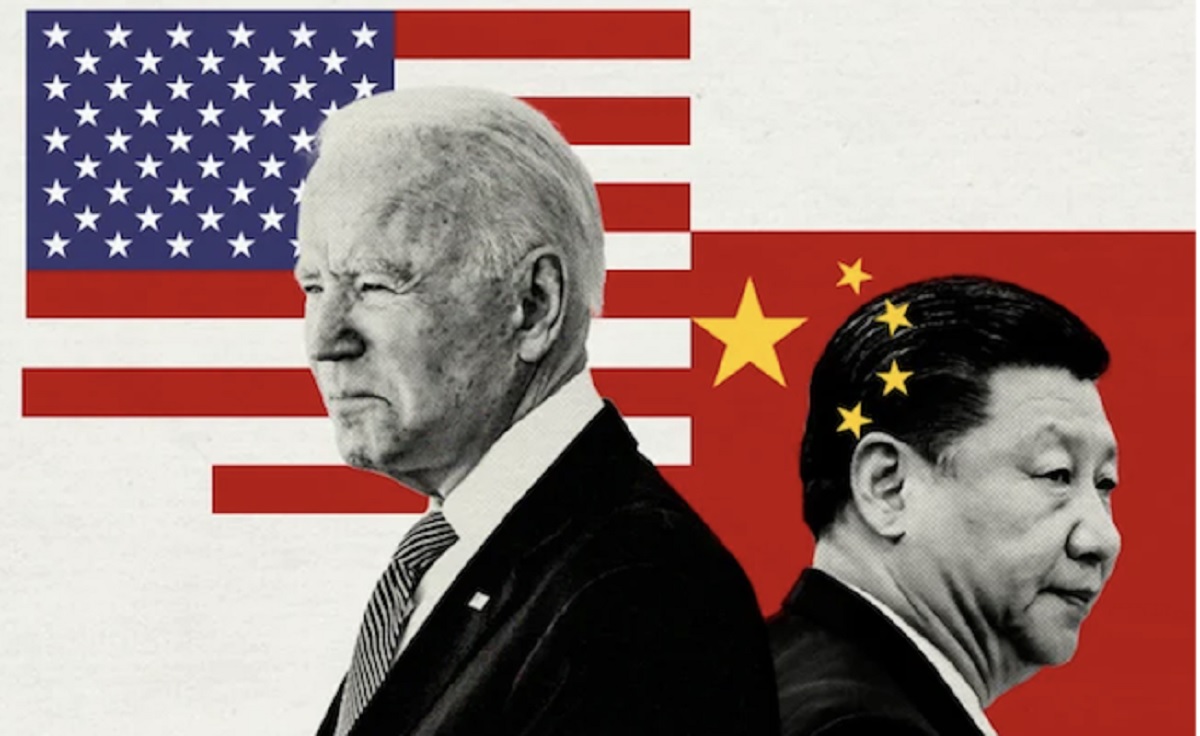The United States has expressed concern over the increasing role of China in Nigeria’s economy and politics through its provision of subprime loans for various infrastructure projects.
The US Department of State, in its Integrated Country Strategies document, which was obtained by The PUNCH, said that China’s loans could add to Nigeria’s debt burden and give China more leverage over the Nigerian government.
According to the document, which was originally approved on April 6, 2022, but was reviewed and updated on June 23, 2023, China offered subprime loans to Nigeria for projects such as railways, roads, power plants, and airports.
Subprime loans are loans that have higher interest rates than conventional loans and are usually given to borrowers who have low credit ratings or income.
The document read in part, “Meanwhile, China offers sub-prime financing for a range of infrastructure projects, with the potential to add unnecessarily to Nigeria’s debt burden and increase Chinese influence over the Nigerian government.”
The PUNCH reported that Nigeria owed the Exim Bank of China $4.34bn as of March 2023. The Exim Bank of China is one of the main sources of financing for Chinese companies that are involved in many infrastructure projects in Nigeria.
The PUNCH also reported in January 2022 that a Chinese company, Chinese Civil Engineering Construction Corporation (CCECC), handled the majority of railway projects in Nigeria worth over $25.51bn (N10.5tn), according to the United States-based Fitch Solutions’ latest report on Nigeria’s railway system.
The report, titled ‘Nigeria Rail: Near-term focus on Northern region with long-term upside for Southern projects’, said that Chinese financing had enabled CCECC to handle most rail projects in the country. The report also listed other companies that were major players in the Nigerian railway sector.
The US, in its Integrated Country Strategies document, also criticized the political and economic system in Nigeria, saying that it was based on patronage and personal interests rather than national stability and unity.
The document read, “Nigeria’s fundamental problem is patronage-based political and economic decision making, with little to no coordination between relevant ministries, and a disempowered civil service that does not sufficiently advise the Federal Government or sustain policy objectives over multiple administrations.
“Political and economic elites lobby for policy decisions that favour their short-term personal interests rather than the longer-term stability and unity of the state.”
The US urged Nigeria to adopt more transparent and accountable governance practices, as well as diversify its economy and improve its human capital development. The US also pledged to support Nigeria’s efforts to combat terrorism, corruption, and poverty.
